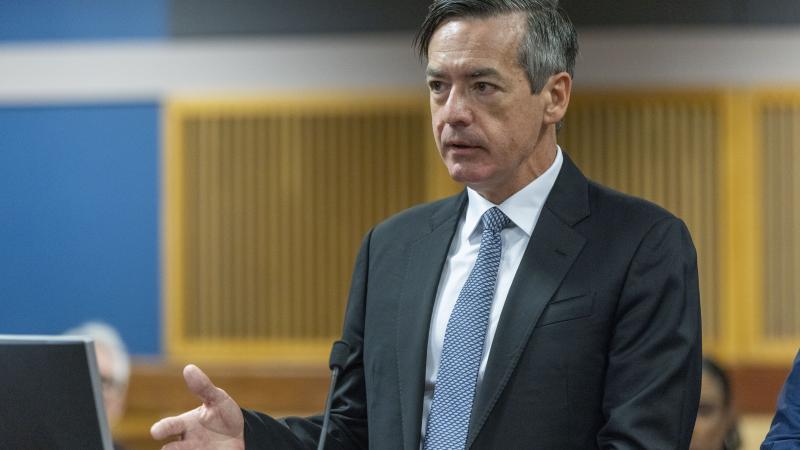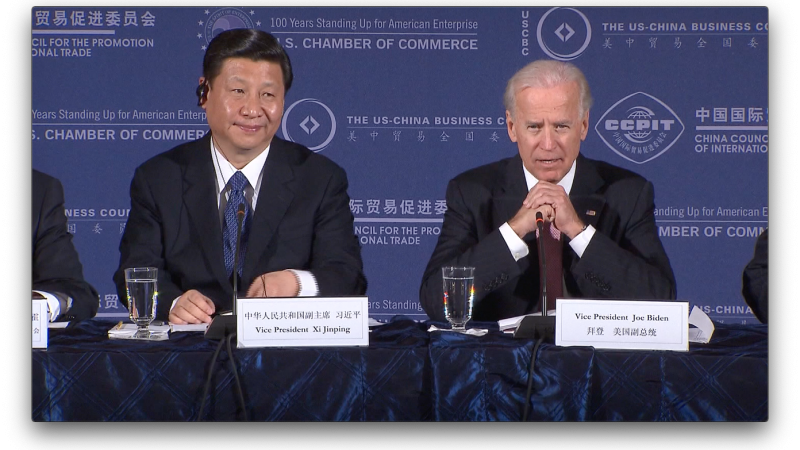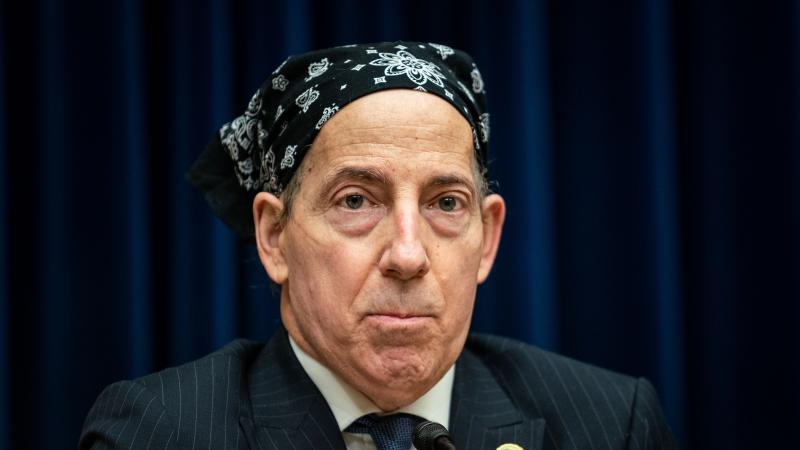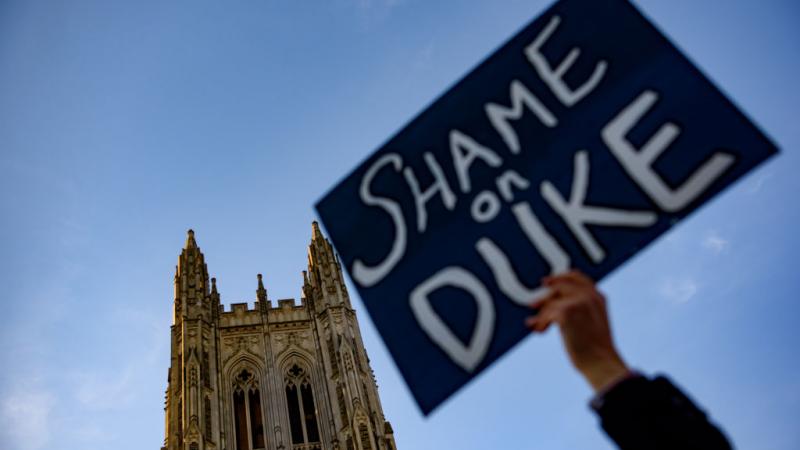Federal court ends 70-year-old 'Paramount Decrees' governing movie studio trade practices
Supreme Court had ruled in 1948 on question of anti-competitive arrangements.
A federal court on Friday struck down a collection of federal rules that for over seventy years has imposed trade restrictions on movie studios, clearing the way for film distribution arrangements that haven't existed since Abbot and Costello were headlining movie marquees.
The "Paramount Decrees," as they have been known since 1948, dictated that movie studios could no longer both produce films and distribute them in studio-owned film houses. Studios were also forbidden from the practice of "block booking," or forcing theaters to accept multiple films under one license; also outlawed were the practices of setting minimum prices on ticket sales, issuing single licenses for all the films in a circuit, and issuing single licenses for large geographic areas.
The Department of Justice announced in November its intent to terminate the decrees, claiming they were outdated and not reflective of the film landscape of the modern economy. U.S. District Judge Analisa Torres in a ruling on Friday decided in favor of the government, stating it "unlikely that any collective attempt by [film studios] to once again monopolize the theater market would or could reoccur."
In a press release, the Department of Justice praised the court's decision, with Assistant Attorney General for the Department of Justice Antitrust Division Makan Delrahim declaring that "the movie industry and how Americans enjoy their movies have changed leaps and bounds" since the decrees were passed.
"Without these restraints on the market, American ingenuity is again free to experiment with different business models that can benefit consumers," Delrahim said.
The abolition of the decrees come with a two-year sunset provision on the bans of block booking and circuit dealing.













